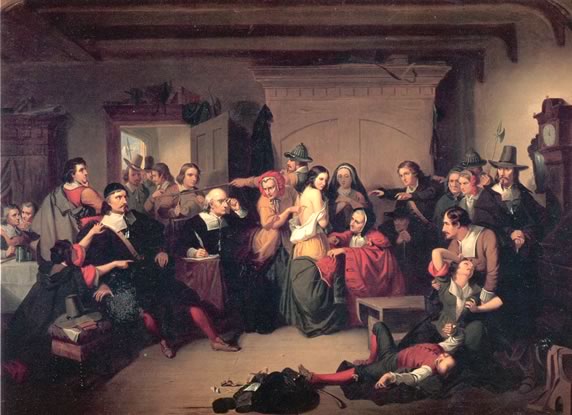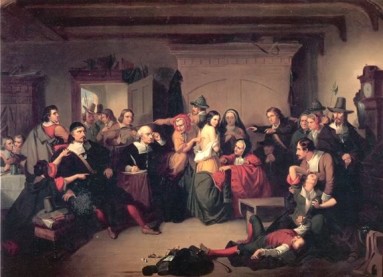Five Questions with __________ is an experiment with flash interviews. The series on poets continues with poet and essayist (and mighty fine blogger) Eileen Myles, who reminds you to imagine yourself loved when being judged.
In everyday life how do you temper duty with desire, the menial with the resplendent?
I don't temper much. I am overly dutiful, quite often but then I become deeply paralyzed, tired, overwhelmed and resentful. I don't want to live. I then go reverse things, take care of myself and wind up on a higher more bodily plane where most things seem quite laughable and I'm able to make better choices and included in this realm is pleasure but I often have a hard time getting there. I have to work hard to stop working.
Do you agree with Walter Pater that 'all art constantly aspires towards the conditions of music'?
No. That seems rather one note. He's being prescriptive. I don't think he knows what he's talking about.
Winter or summer: which season invites the better rituals?
Summer.
What 'bad' genres did you grow up reading—science fiction, fairy tales, romance, etc.—or read as an adult?
I resist the question entirely. I don't think quotes ['...'] dispense with the idea of putting writing into good and bad genres. Let me say and I probably mean this in the most manifesto-ing way that genres don't exist. They don't exist at all. They serve the needs of marketing, of academic specialization, even as modes of work, but in terms of meaning or content or associative formations they are like traffic lights—not so interesting and most adamantly not what we are doing today. Genres for me are just a way in which we are controlled, protected I suppose but I'm not a writer to be protected at all. I love science fiction, have all my life and it's where I met Kafka. Angela Carter is swimming around in there too. Science fiction propelled me into poetry and writing in general and if I think of the children's books I was exposed to I can't see the difference between sci fi, poetry, Kafka or Angela Carter. Yet they all know each other very well. That's all I'm saying. Are there good and bad writers? I'm not sure about that either.
If you were ever prosecuted in a trial by jury, what expression would you most wish to see on their faces?
Delight. I'd like to know that my oppressors were out of their minds.

